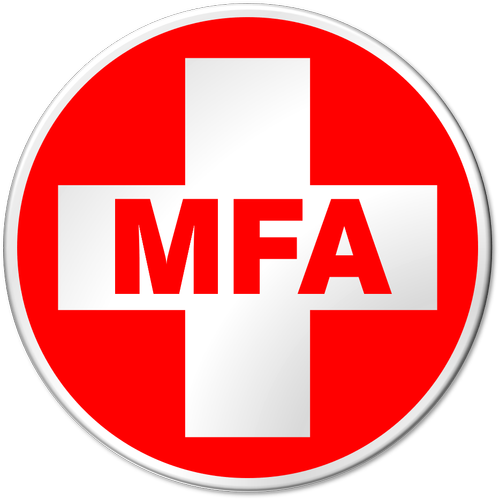S72 Civil Liability for Damages Relating to COVID-19
State LegislationFL

Legislation progress
2021
2021
Summary of Legislation
An act relating to civil liability for damages relating to COVID-19; creating s. 768.38, F.S.; providing legislative findings and intent; defining terms; specifying requirements for civil actions based on COVID-19-related claims; requiring the court to make certain determinations in such actions; providing that plaintiffs have the burden of proof in such actions; requiring plaintiffs to commence COVID-19-related claims within specified timeframes; creating s. 768.381, F.S.; defining terms; providing preliminary procedures for civil actions based on COVID-19-related claims; providing the standard of proof required at trial for such claims; providing affirmative defenses; requiring COVID-19-related claims to commence within specified timeframes; providing applicability; providing construction; providing severability; providing applicability and for retroactive application; providing an effective date.
Our Overall Evaluation





This bill protects big business.
How it Affects the Medical Freedom Framework
| MFA Article | MFA Title | Score vs. MFA | Comment |
| 1 | MFA-01-Unwanted Medical Procedures | 0 | |
| 2 | MFA-02-Access to Treatment | 0 | |
| 3 | MFA-03-Emergency Production | 0 | |
| 4 | MFA-04-Free Speech Protection | 0 | |
| 5 | MFA-05-Informed Consent | 0 | |
| 6 | MFA-06-Product Treatment and Safety | 0 | |
| 7 | MFA-07-Predatory Business Practices | 0 | |
| 8 | MFA-08-CFA/FDA/NIH Reform | 0 | |
| 9 | MFA-09-Patient Centric Care | 0 | |
| 10 | MFA-10-Protections for Medical Professions | 0 | |
| 11 | MFA-11-Medical Manufacturing | 0 | |
| 12 | MFA-12-Civil Liberties Protections | 0 | |
| 13 | MFA-13-Financial Protections | 1 | |
| 14 | MFA-14-Limits to Government Power | 0 | |
| 15 | MFA-15-Qualified Immunity | 0 | |
| 16 | MFA-16-Protected Medical Class | 0 | |
| 17 | MFA-17-Privacy Protections | 0 | |
| 18 | MFA-18-Criminal Penalties | 0 | |
| 19 | MFA-19-Medical Experiments & Research Protections | 0 | |
| 20 | MFA-20-Military | 0 | |
| 21 | MFA-21-Medical Information Technology | 0 | |
| 22 | MFA-22-Employee Protection | 0 | |
| 23 | MFA-23-Consumer Protections | 0 | |
| 24 | MFA-24-Healthcare Provider Education | 0 | |
| 25 | MFA-25-Definitions | 0 | |
| 26 | MFA-26-Scope | 0 |
Complete Legislation Text
